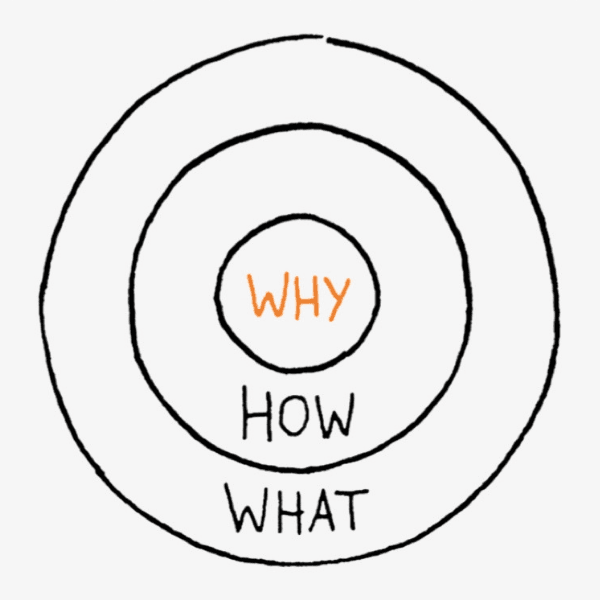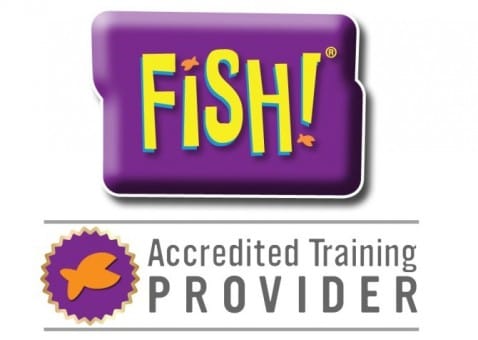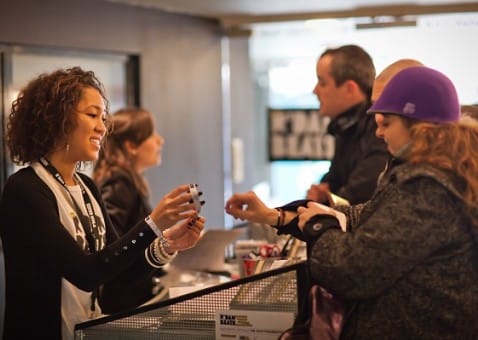These days, it’s not enough to manage and motivate your team with basic interpersonal abilities. Human skills — sometimes referred to as “people skills” — include a number of competencies that establish an effective relationship between you and your team members.
Think of human skills as a combination of those traditional soft skills (like communication and teamwork) plus more specialised areas such as emotional intelligence, empathy and problem solving. Whereas most hard skills — like being able to program a computer or calculate complex equations — are technically measurable, human skills require a little more finesse and intuition. So in order to build better teams with higher potential, leaders need to focus on cultivating the human skills that their teams need to thrive.
It may not be obvious what they lack, so it’s up to you as the leader to identify and nurture those areas. For example, if your team is struggling with collaboration, don’t just tell them to work together better. Instead, start by exploring underlying issues like communication or trust, then craft a plan of action designed to help them improve in those areas.
Although this can seem like a daunting task, there are numerous tools and resources available to help detect human skills gaps within a team environment so you can address them accordingly.
Today let’s explore an approach that will help you identify human skills gaps within your team and then build a plan to develop them.
Conduct a situational analysis
First, you’ll need to identify which human skills are important for your team and company as a whole. Think about the type of work that needs to be done and the kind of culture that would help foster success. Some examples include problem solving ability, creative thinking, and empathy. There are many different models that companies can use to do a situational analysis.
No matter which model is applied, it will help identify areas in the business that require training and development. It will put the spotlight on the strengths, weaknesses, opportunities, threats and gaps in your team. It will help you realise or forecast change in the business environment and any timeframes you should consider. A situational analysis is a comprehensive look at the ‘now’ from a holistic business perspective and is a great strategy at the outset to identify the human skills for further development.
Next its time to look at your team’s make-up and consider what might be missing. We recommend Belbin Team Roles.
Profile your team
Belbin Team Roles is a behaviour profiling tool developed by Dr. Meredith Belbin in the 1970s. Belbin’s theory is that successful teams are made up of individuals with complementary strengths and weaknesses. By understanding each team member’s strengths and weaknesses, you can create a well-rounded team that is capable of achieving great things. Meredith Belbin’s research showed that the most successful teams were made up of a diverse mix of behaviours. To build high-performing teams, we need to represent each of the nine Belbin Team Role behaviours at the appropriate times.
A Belbin behaviour profile is a simple yet very clear explanation of what a person’s strengths are within a team and what others within the team value in that person.
It’s an incredibly effective tool for identifying who you need on which team to get a specific outcome in the fastest possible time frame and with the right amount of people. This will provide further aid in identifying the human skills that are lacking and required in both an individual and also the team.
It is important to note that some human skills are not just important for the individual, they are just as important for the team they work within.
Set a training path
Lastly and arguably the most important step in the process is the ability to turn knowledge into an actionable solution. With an objective assessment of your staff and understanding of your organisation’s human skill needs for the future, you can now sit down and map out a training path with each individual staff member and also each team.
“Ideas without action aren’t ideas. They’re regrets.”
―Jeff Hayden
Like any good plan, it should come complete with goals that are SMART (specific, measurable, acceptable to you, realistic to achieve, and time-bound). This will help you both monitor the progress of the training and evaluate its overall effectiveness.
Plotting out the training requirements for each individual will also identify what training can be achieved in groups (i.e. workshops, conferences), individual coaching or by team building. This will help create efficiencies in your training and development budget and keep everyone accountable along the way.
Team building workshops have become an increasingly popular tool for cultivating deep human skills in teams, such as collaboration and problem solving. Research has found that these group-oriented activities can help teams break down interpersonal barriers and create stronger connections with members. For example, one study by Harvard Business School concluded that individuals who participated in team building workshops experienced greater trust and open communication within their team compared to those who were not part of the exercise. Additionally, the presence of a facilitator or coach during these activities encourages more meaningful dialogue between employees, which helps create a culture of accountability and responsibility amongst the group.
Teambuilding workshops that foster human skills
FUMISH
Have you ever walked into a workplace and you just KNOW that they have something special going on there? We’re not talking about having the biggest team or the fanciest, most luxurious office space, no; what we’re talking about here is their workplace culture.
A strong workplace culture is something that really sets an organisation apart from the rest. But how do you do that? Well, you need a FUMISH culture! We don’t mean a bad smell in the air; but rather the FUMISH workplace culture model developed by Corporate Challenge Events general manager, Dwain Richardson. Based on 25+ years of experience in the industry, this workshop is purposefully designed and developed to give your team the tools they need to create a workplace culture that sets your team up for success, you’ll be left wondering why you didn’t do it sooner!
Human skills focus areas:
Team balance and agility
Emotional and social intelligence
Team communication
Collaboration
Leadership
Teamwork
Find your why
Why do you do what you do? Everyone in business knows what they do, some know how they do it (their USP, or differentiation), but most don’t know why they do it, their authentic purpose.
Knowing your WHY is one of the most important aspects of any business. By taking the steps to clearly define this within your organisation you will see your business flourish, grow and provide clarity on where you are heading and what behaviours will help you get there.
The Find Your Why Workshop will empower your organisation with a new sense of purpose.
Human skills focus areas:
Self-awareness
Confidence
Discovering your purpose
Uncovering your direction
Creating clarity
Motivation
Leadership
Fish!
Are you ready to transform your organisation’s workplace culture? (Hint: The answer is YES!). Today it’s no secret that more and more people appreciate the importance and value of working in a positive team culture. The FISH! Workshop provides the opportunity for you to explore how to create a workplace culture that anyone would be envious of, whilst tapping into the strengths and passions of your people and having a bit of fun of course!
Based on four key practices, the FISH! Workshop is designed to provide you with easy to follow strategies that help your team feel valued and connected. When these practices are integrated into your everyday attitude and behaviour, the results truly are amazing!
Human skills focus areas:
Self-awareness.
Respectfulness
Emotional intelligence
Teamwork
Leadership
Active listening
Empathy
Growth mindset
Accountability
Equipping employees with the core human skills necessary for success in the workplace is a critical part of cultivating a productive and successful working environment. Research has demonstrated that companies which invest in developing these skills—including communication, emotional intelligence, collaboration and problem-solving—experience better employee engagement, reduce turnover rates, increase customer satisfaction and result in greater financial gains overall. By taking proactive steps to foster these types of skills within workplaces, employers can set their employees up for success and ultimately reap substantial benefits.








Recent Comments